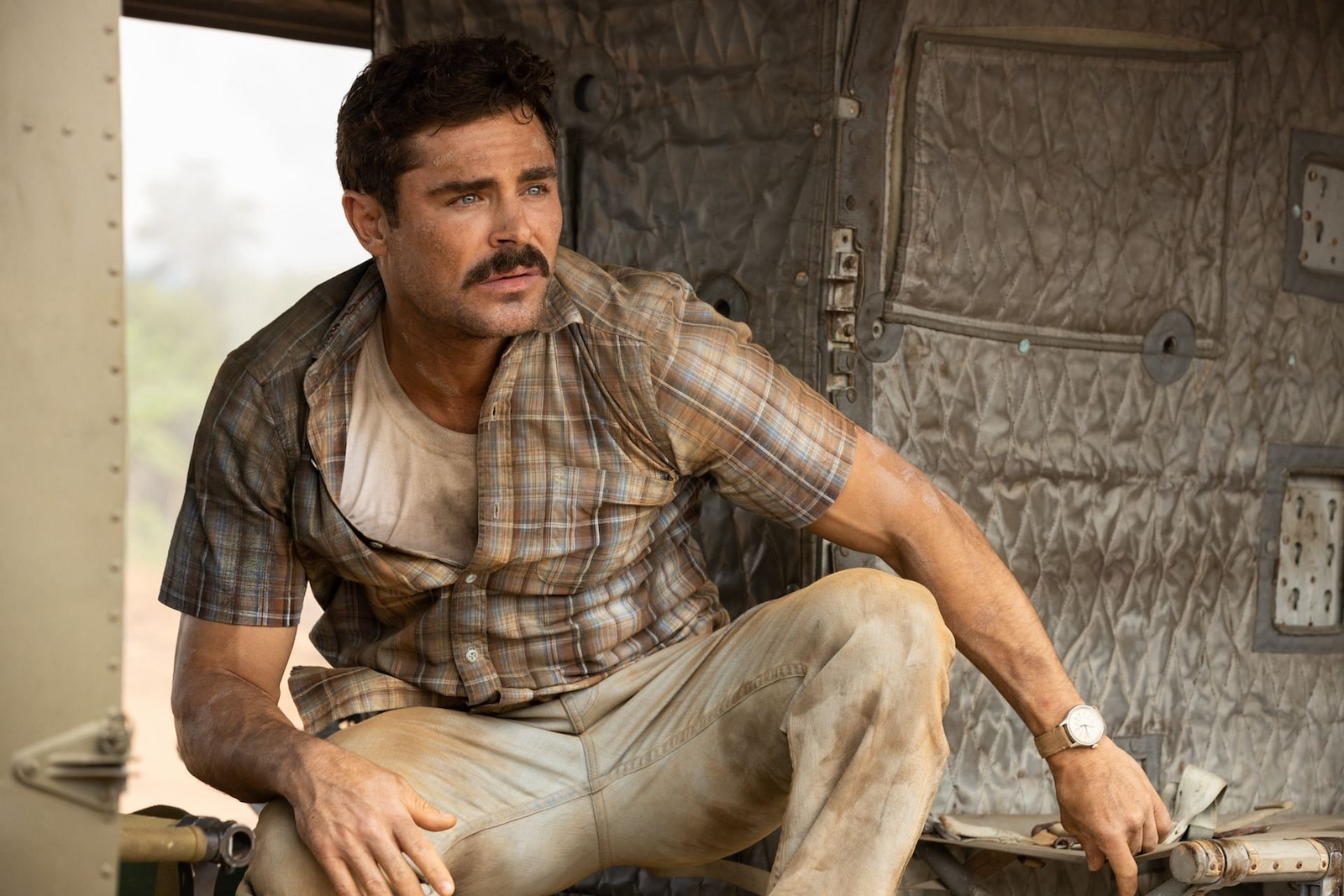
‘The Greatest Beer Run Ever’ doesn’t Break any New Ground but it Delivers
“Can I buy you a drink?” A simple phrase that can have a variety of meanings. In 1967, John “Chickie” Donohue did more than buy his buddies a drink. He hand-delivered beer after tracking them down at their military posts during the Vietnam War. Writer-director Peter Farrelly (an Oscar winner for Green Book, 2018) and co-writers Brian Hayes Currie (also an Oscar winner for Green Book) and Pete Jones (Hall Pass, 2011) tell the story of Chickie’s dubious trip to the front lines. Chickie’s mission was to show the neighborhood boys that folks back home care, and the results proved eye-opening.
Zac Efron plays John “Chickie” Donohue, a Merchant Marine from the Inwood neighborhood of New York City. Chickie is a hard-drinking slacker and kind of a joke to his family and friends. He doesn’t really take life seriously and has no perceivable ambition. He is, however, a staunch defender of his country and the military personnel fighting a war that no one seems to be able to define. Especially ‘the boys’ from the neighborhood. One typically “full of hot air” evening at the local tavern where “The Colonel” (Bill Murray) tends bars, hones patriotism, and honors those who (like him) have served in war, Chickie blurts out his intention to head to Vietnam and hand-deliver a beer to each of his buddies stationed there. His drinking cohorts support his idea, yet fully believe this is simply the next thing that Chickie will never follow through on.
To everyone’s surprise, and despite pleas from his anti-war sister (played by Andy Serkis’ daughter Ruby Ashbourne Serkis), Chickie loads up a duffel bag with dozens of cans of Pabst Blue Ribbon and heads out. That seems to be the extent of his plan because he basically has to charm and ‘luck’ his way through each progressive stop once he has secured a spot on a container ship headed that way. In the film, he secures a 72-hour leave, but in real life, as documented in the memoir written by Chickie and J.T. Molloy, his journey took almost 8 weeks.
The film plays a bit like a road trip, where Chickie interacts with multiple characters along the way. Some in the military mistake him for undercover CIA, which he uses to his advantage. At a Saigon bar, Chickie debates with war correspondents, including a photojournalist played by Oscar winner Russell Crowe. Chickie questions why they report “only the bad stuff,” which is tough on morale back home, while the reporters counter with the defense of only telling the truth. A later part of Chickie’s journey finds him in the middle of the Tet Offensive, running for his life with Crowe’s character.
Director Farrelly, long celebrated as an iconic comedic filmmaker with his brother Peter, doesn’t break any new ground here, but the remarkable true story keeps us watching. In fact, it feels a bit like a war movie from the 1950s, mostly light, with a well-meaning, charming lead actor with limited range. Songs from the era are included, and the message seems to be that politicians don’t always tell the truth (an obvious fact that we live with every day). Chickie’s personal post-trip pledge of ‘less drinking, more thinking’ would be a good direction for many, and Farrelly includes a modern-day photo of Chickie and the boys from the neighborhood over the closing credits. A nice touch.

